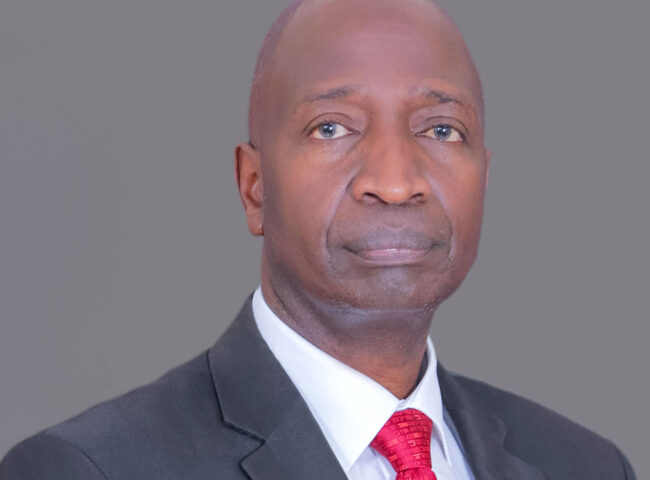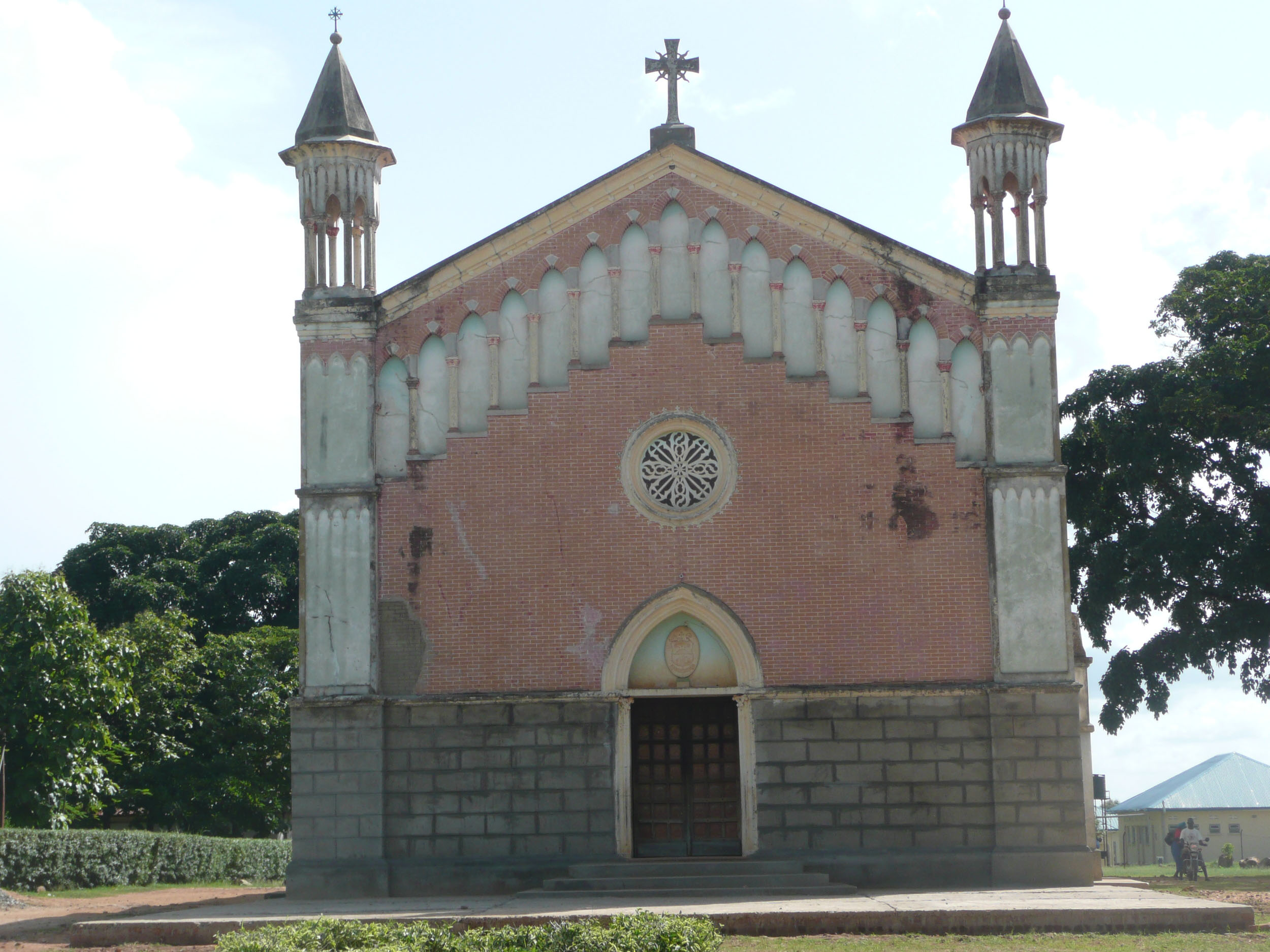Energy Minister Ms Irene Muloni last week held an administrative ruling over the contested Kasese based limestone mining concession previously operated by Hima Cement, a subsidiary of the French firm Lafarge. Sources familiar with the ruling, which reportedly happened at Amber House- the Ministry headquarters, confirm that she informed Hima Cement and East Africa Gold Sniffing, a prospecting firm that had acquired exploration rights over the lease that both their claims would be voided. Its unclear what this means for the mining concession which is an important part of Hima Cement’s portfolio.
The Lafarge owned company recently invested US$ 120 million in its Uganda operations. The Minister’s decision also affects EA Gold Sniffing which this month signed a Letter of Intent with Canada listed Brandenberg Group dependant on delivering the contested license. In her administrative ruling, a formal copy of which is expected to be delivered to the parties this week, Muloni reportedly said while Hima had allowed its license to lapse without reapplication, EA Gold Sniffing’s own exploration license was awarded in error.
A brief back ground
Until the operator for the Kasese based concession changed hands it was held by Hima for the standard period of 21 years from the 1st of January 1991. Hima’s woes stem from the company’s failure to file a request for renewal. EA Gold Sniffing subsequently applied for an exploration license, which was granted to the firm, a newcomer to Uganda’s mining sector. Hima contested the circumstances of the award but apparently could not convince the Minister that any other party bore responsibility for the company’s failure to reapply. What will be in issue eventually is whether the government can defend the cancellation of EA Gold Sniffing’s exploration license in court.
The case recalls another dispute between the government, Hima Cement and Dura Cement, which ended up in a settlement of US$ 16M. In that case Dura that held a license subsequently awarded to Hima was compensated for the government decision to retain Hima as operator. A letter written on 24th February this year by Commissioner John Odida explaining the decision by the Department of Geology to award EA Gold Sniffing its license said the action was undertaken after Hima’s license had expired without any request for renewal. In his letter Odida suggested the company seek administrative review.
Muloni’s decision itself is controversial. If Hima was no longer a party to the license in the first place its inclusion in any review is primarily a political decision not well grounded in the law- an issue likely to return to haunt the Ministry if litigation from this case is brought. Uganda’s mining sector does not receive much attention having a few major players of which Hima is one of the largest.
What it means?
The manner in which this dispute was handled will be of considerable interest not just to investors in this area but in the more visible but newer oil and gas sector. One of the controversial moments in Uganda’s oil sector was when London listed Tullow faced commercial pressure on its Ugandan assets following a Sale and Purchase agreement its partner Heritage Oil entered with Italy’s ENI. At the height of the tension Tullow’s license for Block 3A, the jewel in its holdings was withdrawn by Hon Hilary Onek the predecessor to Muloni. The government claimed then that Tullow had not filed for renewal facts, which were not contested by the company.
The matter was controversially cured by a “Memorandum of Understanding” whose legal validity has been questioned by pro-transparency legislators in the now famous “oil debate” of last year. The issue still hangs over Tullow and is one of the lines of inquiry that a parliamentary committee set up after the oil debate is pursuing.
At the heart of these disputes is the political supervision of commercial battles in the resource sector. Tullow and Heritage Oil this June will begin hearing of yet another controversy between the companies over the Capital Gains Tax crisis. In its papers filed in a court in London Heritage accuses Tullow of wrongfully making a “political payment” to the government of Uganda when the latter paid its share of CGT even as it was being contested. The conclusion that Tullow perhaps went beyond the gray in paying the Ugandan government a contested tax when it faced pressure over its own licenses raises a question of how active politics is in settling these disputes. It may appear that well connected companies have an edge over their rivals or even newcomers. On the side of the Ugandan government the desire to expedite commercial operations in these sectors while acting as an honest broker has been tested by the oil bribery allegation a constant talking point even if they were in the end unproven. In the Hima/EA Gold dispute its past history of sheltering Hima Cement will likely be recalled. The license will for now remain un-awarded until after 90 days following a written ruling.










